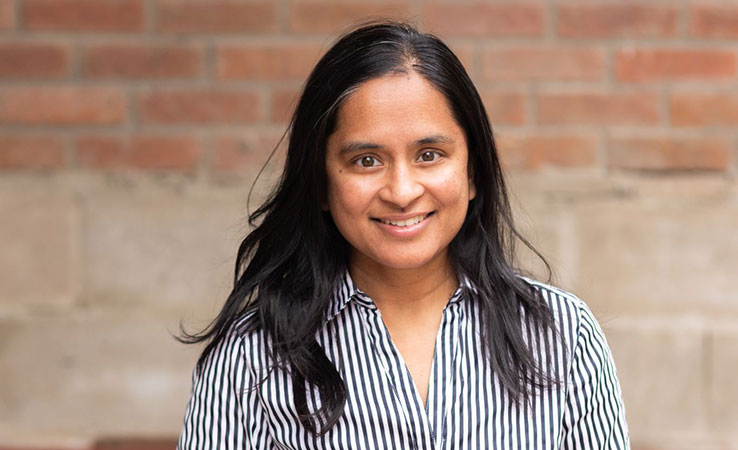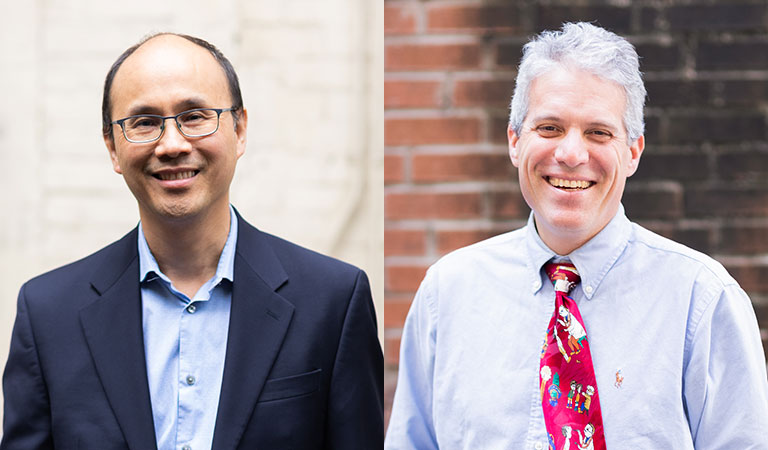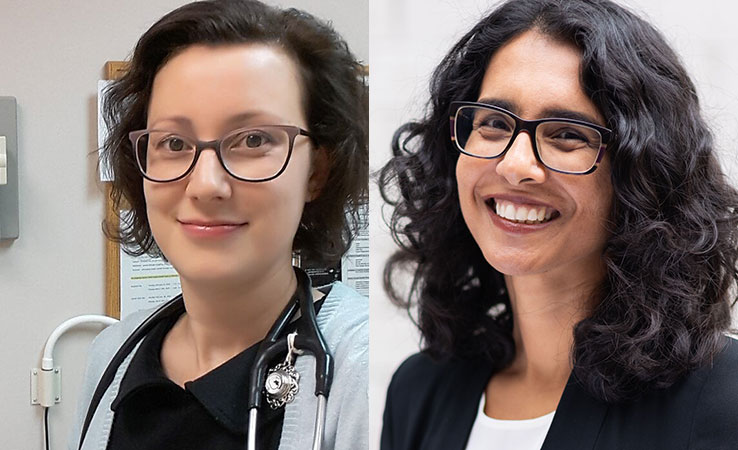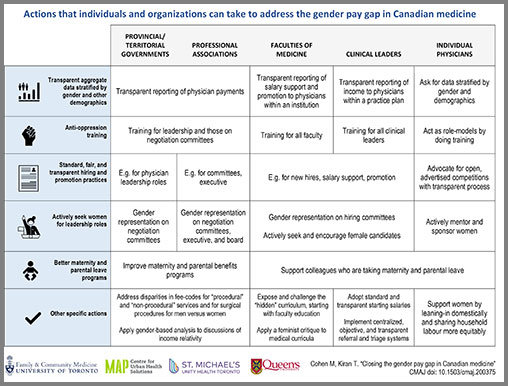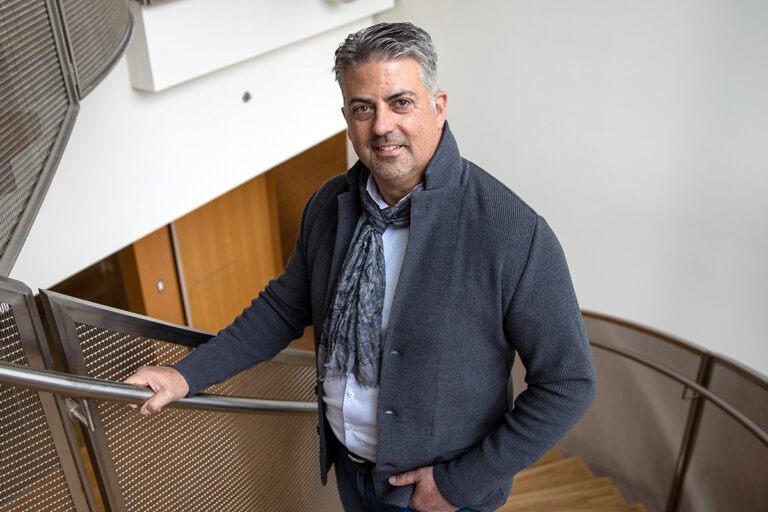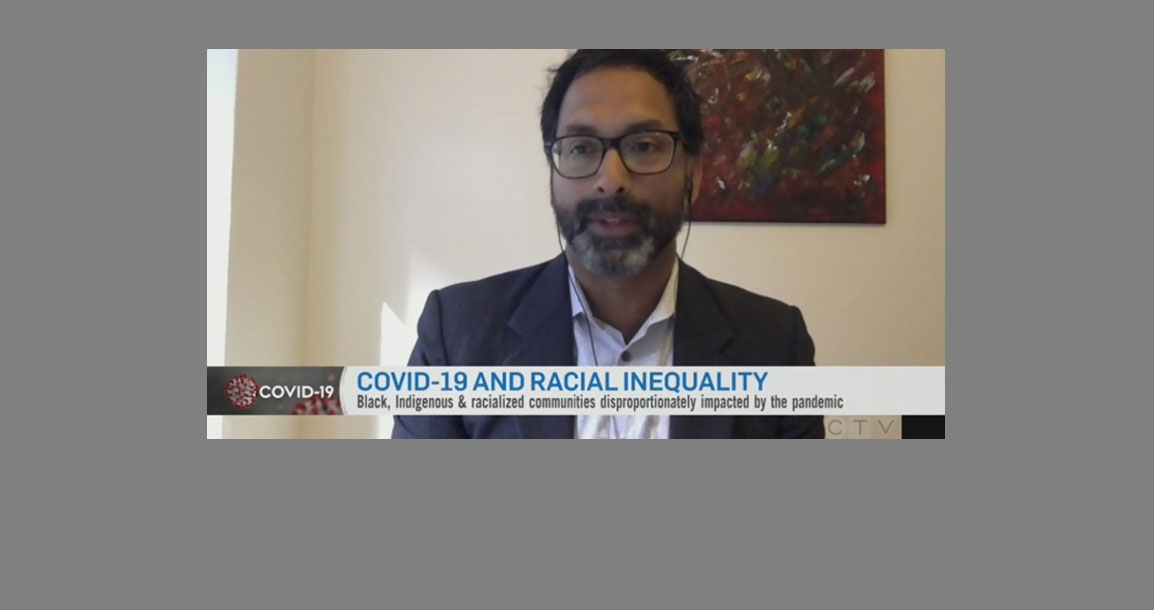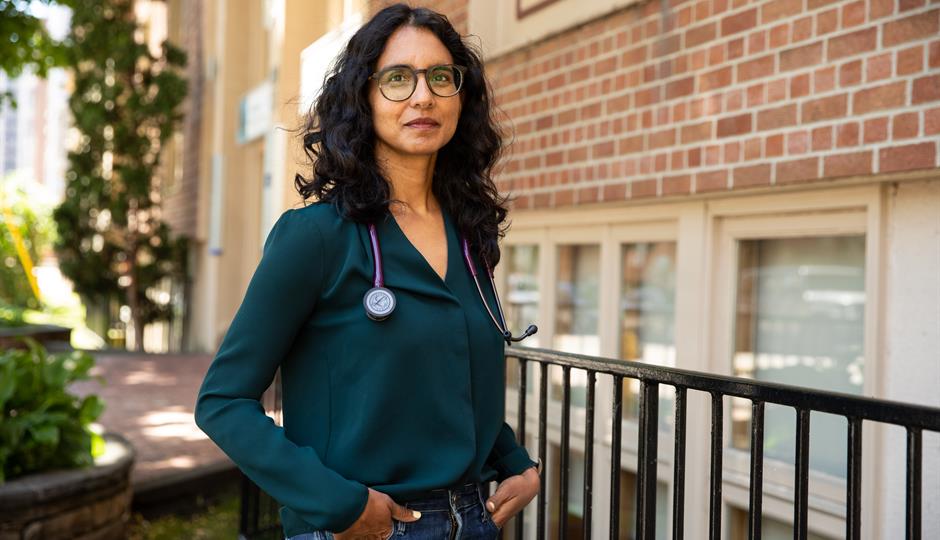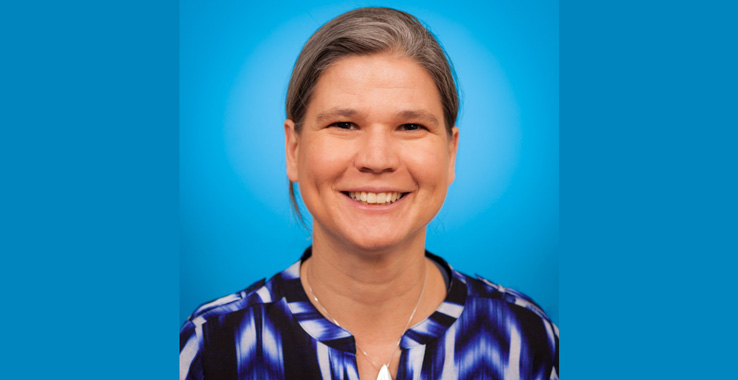Infectious disease physician Dr. Sharmistha Mishra experienced the early days of the COVID-19 pandemic as a flashback. Everywhere she looked were echoes of Ebola and her work in Sierra Leone.
She saw the crucial role nurses play as the main connecters to the patients. She saw the fear, heightened this time because the disease was at our doorstep. She saw a grounding principle of her practice come to life once again: we will always know more tomorrow than we do today.
“As Infectious Disease practitioners, we live in the world of uncertainty,” said Dr. Mishra, who is also a scientist at MAP Centre for Urban Health Solutions and a mathematical modeler. “That’s part of our training, and that’s so much of what an epidemic is. We can transfer knowledge from other epidemics but there is always an adaptive nature to our approach.”
To prepare for that uncertainty, hospital leadership approached Dr. Mishra in February with a question she, as a mathematical modeler and infectious disease specialist, was uniquely suited to tackle: Can we project how the pandemic will unfold in the hospital’s two acute care sites, St. Joseph’s and St. Michael’s?
In the end, the work by Dr. Mishra and her team, published today in CMAJ Open, would be described by leaders as an ‘eerily accurate’ depiction of how the surge unfolded at the two sites.
Though mathematical models were common in the beginning of the pandemic – and still are – they were made with a provincial, national or global lens. None, before Dr. Mishra’s, was tailor made to Unity Health to help with a local response.
“Our leadership wanted to be as data-driven as we could about this and that’s what they want going forward,” she said. “We want science to drive our response, and that’s what we did in the first wave.”
The project started with the team trying to determine the simplest model that would capture how this disease could spread. This would help them predict how many COVID patients would potentially be admitted, and how many would have severe enough symptoms to be in intensive care.
Her team then set out to find data that could inform the model and project the answer to their initial question. They pulled existing studies, historical data on pandemics, the hospitals’ data on admissions and bed capacity, and health administrative from ICES to understand what the catchment areas of the two sites looked like.
The biology of COVID-19 and how long the virus could be passed on also informed their modelling. They estimated its severity rate and the percentage of people that needed to be hospitalized. The Decision Support team, and Infection Prevention and Control helped the scientists pull numbers and ensure the model made sense for the network.
“The data was changing day by day,” Dr. Mishra recalled. The first iteration of their model was built in four days. Then the team took another three weeks to nail down the science and offer more robust scenarios for the hospital to plan its approach.
The most reliable projections in mathematical models are those based on the most recent data. The projections the team made based on the prior two or three weeks would fit the next two or three weeks, and so on.
“A key lesson in this exercise was that we had to constantly recalibrate because so many things were changing,” Dr. Mishra said. “If we had used only early data, our projections would have been very different.”
The modelling helped the hospital respond quickly and plan patient flow accordingly. Dr. Mishra said there’s always ways for modelling to improve, and she feels ready to have an even better approach for a second wave of the disease.
“We now know some more of the nuances that affect COVID-19 risk, like congregate settings, age groups, and social determinants of health. I feel like we’re in a much better place now to be more adaptive in our modelling as well as our response.”
Dr. Mishra also hopes her team’s work can be used by other hospitals to project their own numbers. Everything they’ve created is open source and generalizable.
“That’s another similarity from my work in Ebola that I’ve seen with COVID-19: everything has become less about the individual and more about the collective.”

